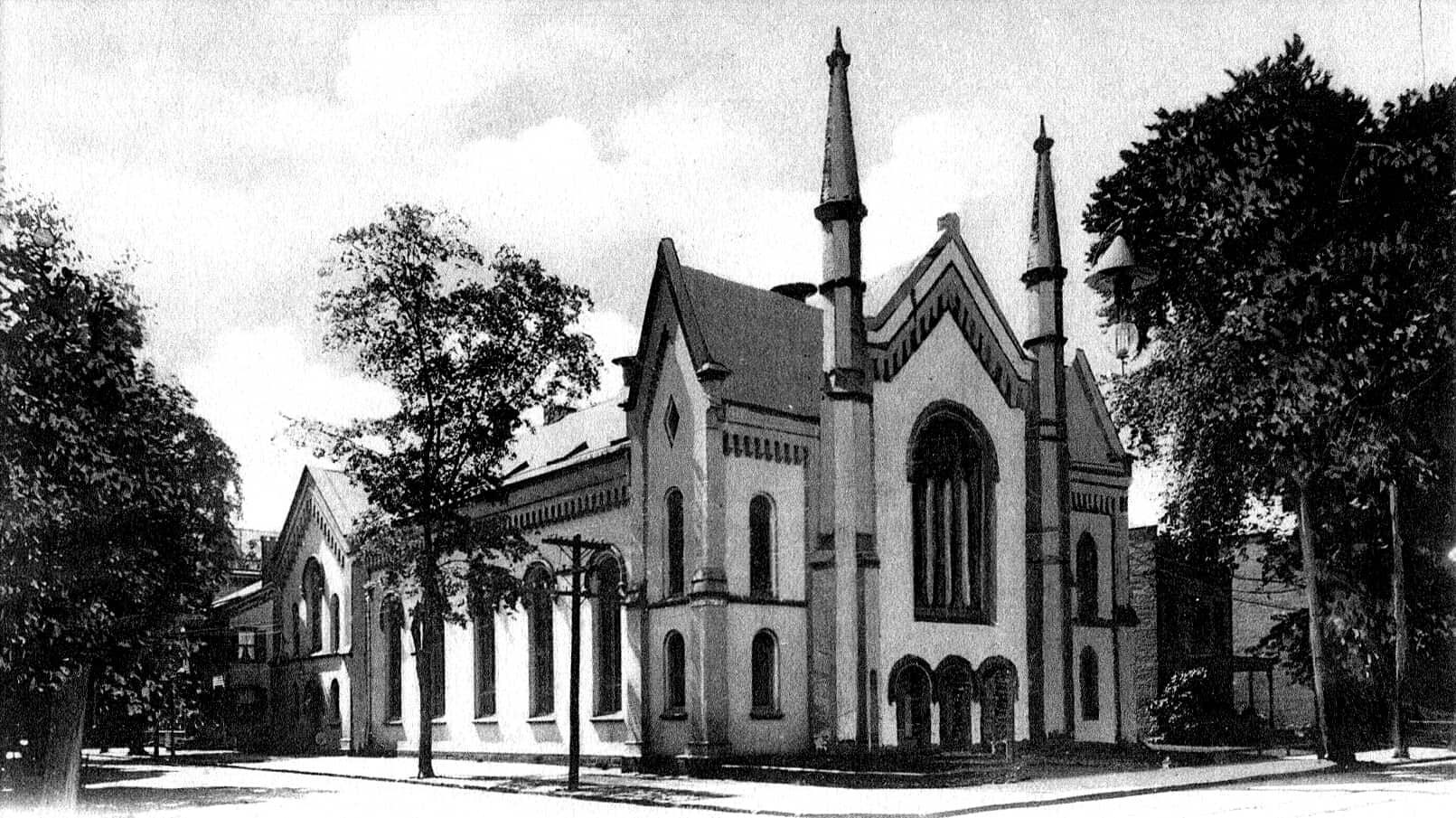You may have come across some version of this phrase, or saying, relative to the debate about whether wearing mask is an obligation or a matter of personal liberty, which prompted us to investigate the history of the phrase. It is far from new!
The website “quote investigator” reports, “the phrase entered the realm of scholarly legal discourse in June 1919 when the Harvard Law Review published an article entitled, Freedom of Speech in War Time and it contained a version of the expression spoken by an anonymous judge: Each side takes the position of the man who was arrested for swinging his arms and hitting another in the nose, and asked the judge if he did not have a right to swing his arms in a free country. ‘Your right to swing your arms ends just where the other man’s nose begins.'”
But going back further, although outside the legal realm, we find that the massive temperance organizations, the Templars, and the Women’s Christian Temperance Union (WCTU), were the organizations most responsible for putting the phrase into use.
An August 1921 speech at the Washington Street Methodist Church in Poughkeepsie, we find it used to cover temperance, the military draft and the plague! Ben D. Wright, Grand Chief Templar of the Grand Lodge of New York, a temperance organization, said the following in support of the 18th Constitutional Amendment (better known as Prohibition) which had recently passed banning the sale and consumption of intoxicating spirits, alcohol, except for “medicinal” purposes.

The Methodist Church at the southeast corner of Washington Street and Mill Street in Poughkeepsie was the location of a speaker in 1921 who invoked the familiar phrase about where one’s rights begin and end, relative to intoxicating spirits and based on moral issues.
“We hear it said that the 18th amendment was a direct blow to personal Liberty. What is personal Liberty? I have a right to put out my fist. If the end of your nose comes in the way of my fist my personal Liberty ends where your nose begins. If any one of you were to go home tonight and find a member of your family suffering with the Bubonic plague your house and everything you owned would probably be burned. You would be reimbursed of course but you would not be allowed to retain one Keepsake even that would be your mother’s pictures. We enjoy not personal Liberty but Civic Liberty the greatest good for the greatest number. Not so long ago every man between certain ages was required to fill out a blank [form] in order to be ready for the selective draft. For millions of men were chosen to fight. Did you hear any of them say well I’m not going? If you did you know right where he is today. He’s in a federal prison. As in these instances of the greater good prevailing over even personal Liberty so it is with the 18th Amendment.”
In the temperance “WCTU column” in newspapers in 1895, the following is reported, marking its earliest days of use: “A drunken man was going down the street of Baltimore flinging his hands right and left when one of his hands came across the nose of a passerby. The passerby instinctively clenched his fists and sent the intruder sprawling to the ground. He got up rubbing the place where he was hit and said, “I would like to know if this is not a land of liberty?”
“It is,” said the other fellow, “but I want you to understand that your liberty ends where my nose begins.” The man who votes yes [referring to someone who votes to allow the sale of alcohol, which at the time was voted on as a matter town by town] because he desires personal liberty … needs to learn that his liberty ends where some other fellows nose begins. It is a truth to be applied to this question of licensing the saloon .You have no more right to vote to establish a nuisance next door to my home then I have to vote to permit one to be located in your neighborhood. How would you like to live next door to a saloon? I have a right to remind my friend who stands for personal liberty that his personal liberty ends where mine begins and mine begins where his ends. You cannot measure that distance with a tape line it requires the Golden Rule.”
Looking through old newspapers we find the phrase emerging in a range of issues.
In July of 1956 the Sunday Poughkeepsie New Yorker published a “Primer for Americans” which explained 41 principles, among them, using the phrase to explain the more technical principal, “The rights of any individual shall not interfere with the equal rights of other individuals.”
In an article in the Poughkeepsie Journal in 1978, the phrase was referenced relative to the anti-smoking campaign, the campaign to create zones free from cigarette smoke. Again in 1979, the Journal used the phrase, “Your right to blow smoke around ends where your neighbor’s nose begins.”
At what point does my action become a fist, and how close is it reaching your nose? History shows this concept emerged as a tool in the debate about alcohol consumption, and ranged from the defense of censorship of the government criticism in wartime, to cigarette smoking. No doubt it will come up again in the future, for something currently unimaginable.

The October issues of the daily newspaper the Poughkeepsie Daily Eagle showed how Policemen in Boston were wearing masks to protect themselves, and others, from the global flu pandemic, while the department store, Luckey Platt, ran ads recognizing the “gruesome” appearance of a traditional mask, and suggesting the purchase a more attractive veil starting at only $1.50.
